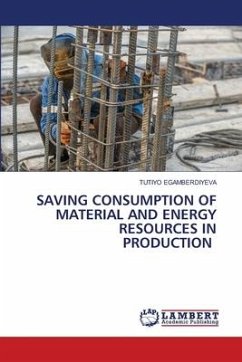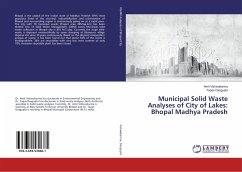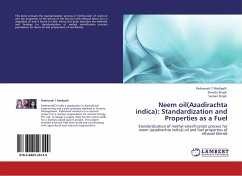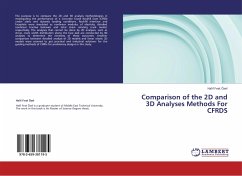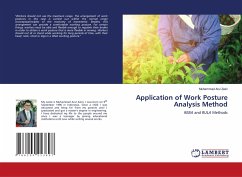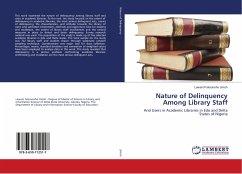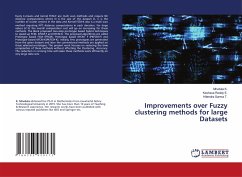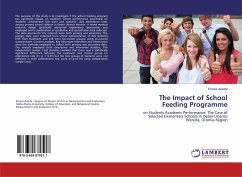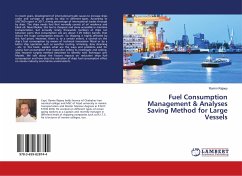
Fuel Consumption Management & Analyses Saving Method for Large Vessels
Versandkostenfrei!
Versandfertig in 6-10 Tagen
36,99 €
inkl. MwSt.

PAYBACK Punkte
18 °P sammeln!
In recent years, development of international trade causes to increase ships order and carriage of goods by ship in different types. According to UNCTAD report in 2017, ninety percentage of international trades through by ships. The ships needs fuel that normally consist of oil residence and black oil. Nevertheless, this fuel is cheapest and more accessible in maritime transportation, but annually ninety thousands numbers of ships run between ports that consumption oils are about 7.29 million barrels, that shows the huge consumption amount. So shipping is highly affected by this fuel prices. H...
In recent years, development of international trade causes to increase ships order and carriage of goods by ship in different types. According to UNCTAD report in 2017, ninety percentage of international trades through by ships. The ships needs fuel that normally consist of oil residence and black oil. Nevertheless, this fuel is cheapest and more accessible in maritime transportation, but annually ninety thousands numbers of ships run between ports that consumption oils are about 7.29 million barrels, that shows the huge consumption amount. So shipping is highly affected by this fuel prices. However, there is, to a certain extent, a control on the ship's fuel consumption by means of technical innovation fitted or by a better ship operation such as weather routing, trimming, slow steaming ...etc. In this book, explain what are the ways and problems exist for saving fuel consumption that researcher willing to investigate and solving. Also research targets method described to identify new Technique and Models. We talk about the factors impacts on reduction ships fuel consumption and how does the reduction of ships fuel consumption effect on marine industry and marine environments.



